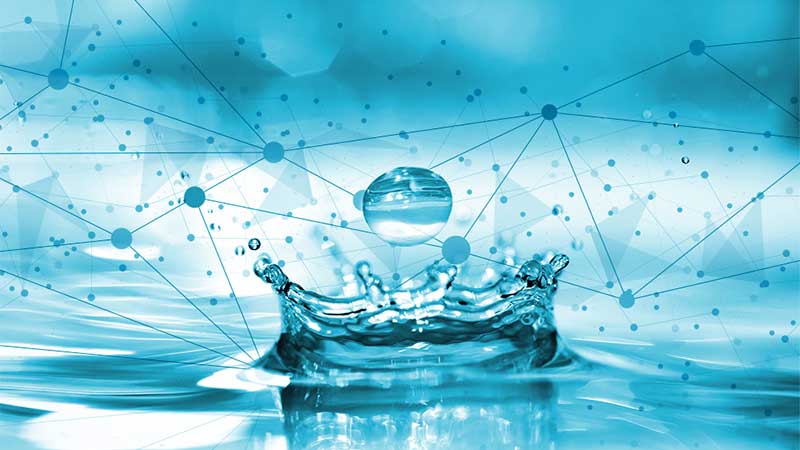
India is going to become the most populous nation in the world. The rapid urbanization, it is projected that by 2050, more than 800 million people will live in urban areas in India. As the water resources are limited, expanding cities have been facing severe crises concerning the pollution of water bodies, the increasing gap between the demand and supply of domestic water, and the widening gap between the amount of wastewater generated and the installed capacity of wastewater treatment plants.
Water supply and management of wastewater are interlinked. It is essential to protect the water sources from getting contaminated and becoming unfit as drinking water sources. In the absence of appropriate measures for treating wastewater before releasing it has contaminated many of the surface water and groundwater bodies, leaving the limited resources contaminated and unfit to use. There is a necessity for large-scale technological intervention in water treatment and distribution system, monitoring of water quality and quantity parameters and the employment of easy-to-use and economical sensors to ensure safety.
Technology is playing a significant role in transforming the water treatment sector, enabling more efficient, effective, and sustainable approaches to water management. The key technological intervention that could drive advancements in the water treatment sector could be:
Internet of Things (IoT) devices and sensors are being used to monitor water quality, flow rates, and other parameters in real-time. This data is then analysed using advanced analytics and machine learning algorithms to detect anomalies, predict system failures, optimize treatment processes, and enable proactive maintenance. Smart monitoring and data analytics enhance operational efficiency, reduce costs, and improve overall system performance.
Membrane filtration technologies, such as reverse osmosis (RO) and nanofiltration (NF), have made significant advancements in recent years. These technologies are more efficient in removing contaminants, including bacteria, viruses, and micro pollutants, from water sources. Improved membrane materials, module designs, and cleaning techniques are enhancing the reliability, longevity, and cost-effectiveness of membrane systems.
Advanced oxidation processes (AOPs) utilize chemical reactions to effectively remove persistent organic pollutants and disinfect water. Technologies such as ultraviolet (UV) light, ozone, and advanced oxidation with hydrogen peroxide are being employed to enhance water treatment capabilities, especially in removing emerging contaminants and disinfection byproducts.
Desalination, the process of converting seawater into freshwater, has seen significant technological advancements. Innovations such as reverse osmosis, forward osmosis, and membrane distillation have improved desalination efficiency, reduced energy consumption, and lowered costs. These advancements are crucial in addressing water scarcity in regions with limited freshwater resources.
Technology is facilitating the adoption of water reuse and recycling practices. Advanced treatment processes, including membrane filtration, activated carbon adsorption, and advanced oxidation, is employed to treat wastewater and transform it into high-quality reclaimed water. This reclaimed water can be used for various non-potable applications such as irrigation, industrial processes, and groundwater recharge, thus reducing freshwater demand.
Technology will continue to revolutionize the water treatment sector, driving improvements in efficiency, quality, and sustainability. These advancements will contribute to addressing water challenges, enhancing access to clean water, and promoting a more resilient and sustainable water future.